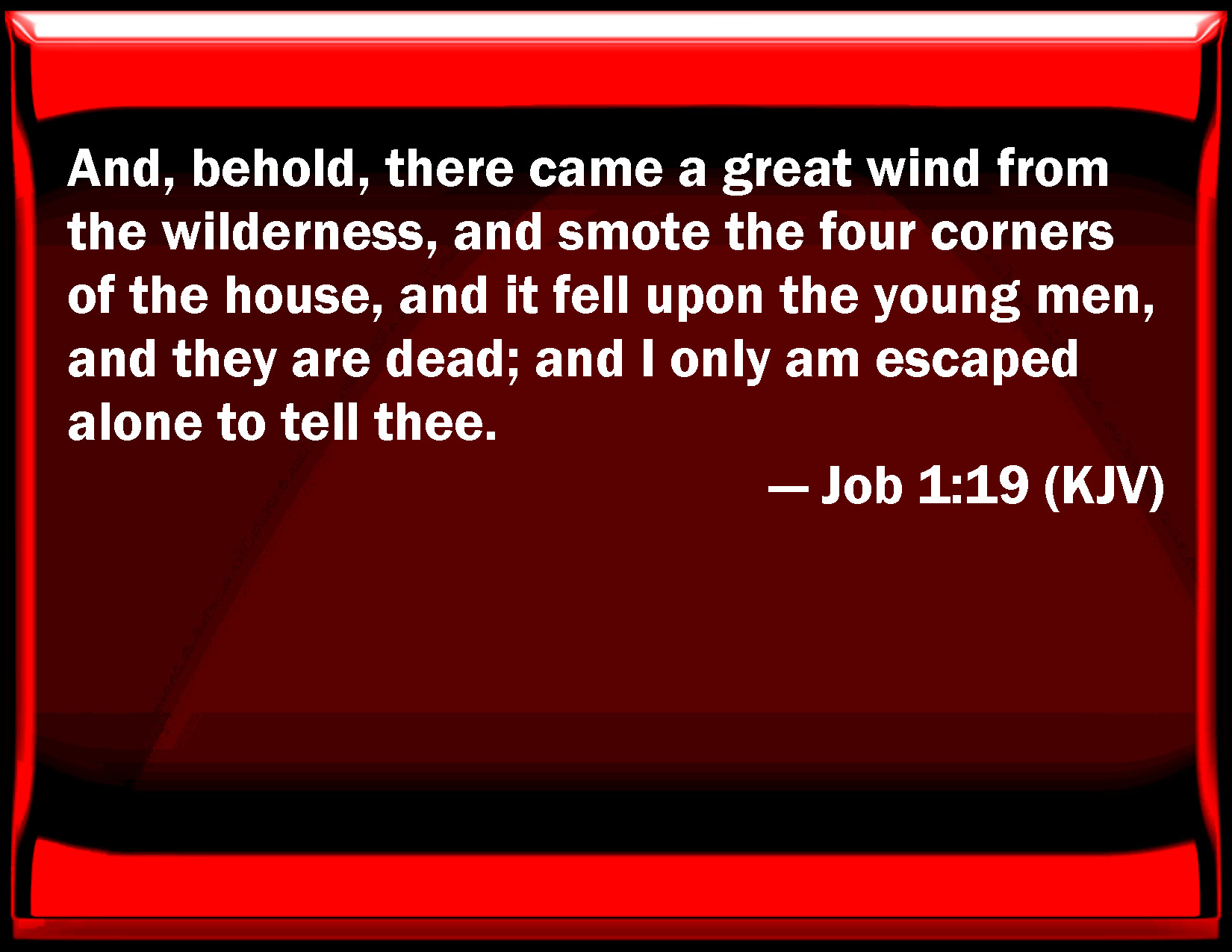

Let us, instead, take on the responsibility of sustenance, and thereby be privileged to witness the human flourishing that burgeons from it. We cannot rely on an angel of God to provide for our world’s hungry. And because enhanced learning is a dividend of sustenance, a well-nourished society further begets intellectual, spiritual and artistic enrichment. For countries with high undernourishment rates, it is estimated that economic output would have risen 45 percent had their people been adequately fed over the last 30 years. We should expect–and demand–thriving on such a scale for today’s one billion hungry. Storied civilizations and one of the world’s foundational religions are thus the legacy of Ishmael’s nourishment. In his long life, Ishmael bore 12 sons, who became “twelve chieftains of as many tribes”–satisfying God’s promise to Hagar that from her withered son would issue a “great nation.” Indeed, in traditional lore, Ishmael is understood as the ancestor of the Arab peoples and, in Muslim tradition, he is revered as an important prophet and forefather of Muhammad. After the angel nourished Ishmael in the wilderness, we learn that “God was with the boy” as he grew. Indeed, deprivation is not the Torah’s last word for Ishmael and Hagar. While hunger may propel desperate surrender, adequate sustenance does more than hold anarchy at bay: It nurtures civilization and incubates human enrichment.

It is worth lingering over those seven meals. This is the scenario UN World Food Program Director Josette Sheeran invokes when she references the grim adage that “there are only seven meals between civilization and anarchy” Thus, when the world’s hungry reached one billion people this past summer, UN and G8 leaders stressed the emerging threat of societal instability.

If Hagar’s surrender is a snag in humanity’s fabric, a society mired in hunger’s hopelessness will tug until the stitching unravels throughout. It is this hopelessness that is, in many ways, most alarming. In its presence, hopelessness proliferates, prompting world leaders from former Secretary of State Kissinger to Brazil’s President Lula da Silva to cast hunger and hope as antipodes. It impedes one’s ability to learn and corrodes one’s sense of well-being. It saps energy, slows thinking, steals motivation and depresses productivity.

In addition to stunting growth and hindering fetal development, chronic hunger attacks the spirit. While Hagar’s tale grows out of days–at most weeks–of want, such privation and the surrender that follows is a near-permanent global reality today, looming over the millions of mothers and fathers who watch their own children weakened by chronic hunger and undernutrition. Hunger and thirst seem to have undone the woman and her life’s fabric, woven together by the most precious of relationships, has been rent. Undoubtedly depleted herself, Hagar seems discombobulated by her desperation, and her actions, a manic surrender to it. Indeed, even as she casts Ishmael aside, we feel not scorn, but great pathos for her. Hagar’s behavior is not recognizable as cruelty. Instead, she flings the boy and scurries a good distance away. Hagar does not seek to prolong the moments she has with her only child, to quiet his wailing, to ease his suffering. Here is Hagar, a mother with a dying son she does not comfort. It is that painful word “flung”–an inescapable mark of something very wrong. The tale ends happily enough after an angel of God revealed to Hagar a spring at which to revive the boy. Hagar, recognizing that her son’s death was at hand, “flung the child under one of the bushes and went off and sat down at a distance…for she thought, ‘Let me not see when the child dies.’” After their provisions ran out and mother and son were left without water or food in the hot expanse, the boy Ishmael rapidly wasted away. Without Food Or WaterĪt Sarah’s behest, Hagar and her son Ishmael were cast off, alone, into the wilderness. Parshat Vayera, with its story of Hagar and Ishmael, lays bare this crushing impact. Obscured in this numerical vista, however, is hunger’s human impact–how deprivation can insinuate itself into relationships, dull the senses and fray a society’s fabric. In 2007, the number of undernourished people increased by 75 million and in 2008 by 40 million–pushing today’s global tally past the one billion mark. Every day, hunger-related causes kill 25,000 people around the world. The landscape of global hunger can be efficiently surveyed through its statistical contours. Commentary on Parashat Vayera, Genesis 18:1 - 22:24


 0 kommentar(er)
0 kommentar(er)
